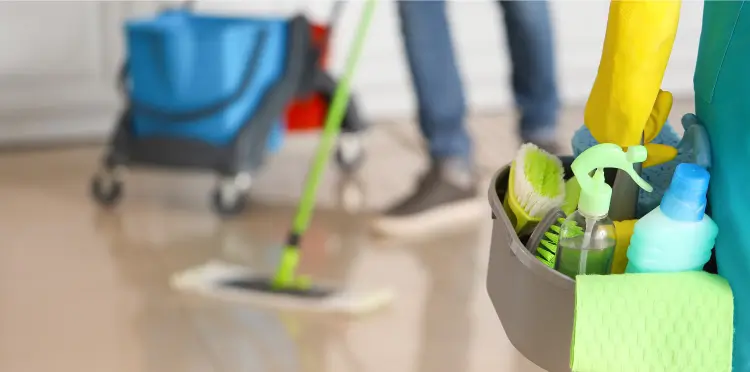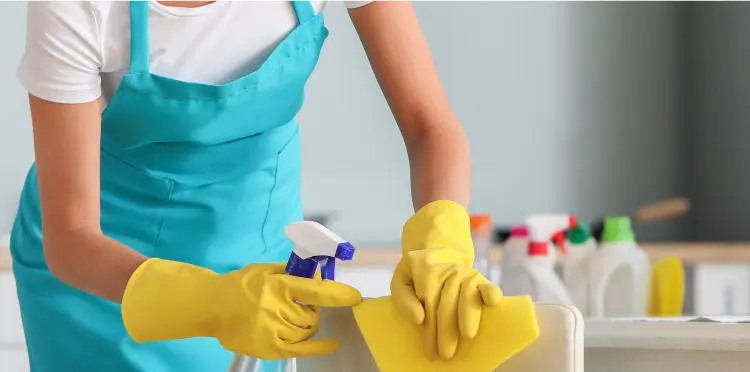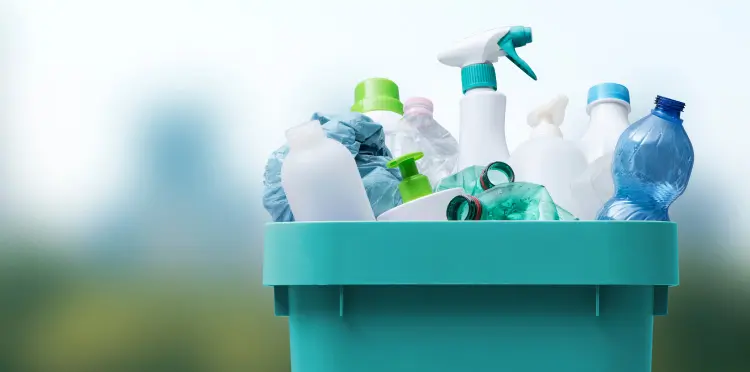
Care homes and residential care facilities require a range of products to ensure the comfort and safety of residents. However, stocking up on too many products can be expensive and wasteful. Product rationalisation is the process of reducing the number of different products in use while maintaining or improving quality. This method can result in significant cost savings, increased efficiency, and improved resident care. Below we will explore the benefits of product rationalisation in care homes and residential care facilities and provide tips on how to implement this effectively.
The Benefits of Product Rationalisation in Care Environments
Cost Reduction:
One of the main reasons for product rationalisation is to reduce costs. Care homes can save money by purchasing products in larger quantities, lower inventory costs, and negotiating better prices with suppliers by buying a smaller range of products. Additionally, fewer products can mean lower costs for training, storing, and tracking inventory. By streamlining the procurement process, care homes can free up more time and resources to focus on care delivery.
Streamline your procurement process

Improved Efficiencies:
Excessive products can clutter storage rooms, take up valuable space that could be used for other purposes, and create unnecessary work for staff. Product rationalisation can improve the efficiency of operations and reduce labour costs for the care home. By selecting a smaller range of products, staff can become familiar with them and use them efficiently, resulting in fewer errors, less waste, and less time spent restocking and managing inventory.
Curate your product requirements

Increased Quality of Care:
Stocking a core range of products which are used regularly, helps staff to use them safely and effectively. This familiarity increases confidence and minimises potential risks associated with incorrect or unsafe usage, providing a safer environment for staff and residents alike. During product selection, it is important to consider factors such as quality and compliance, ease of use and safety. High-quality products are essential for facilities to provide the best standard of care.
Create a safe user environment

Reduced Waste and Environmental Impact:
By rationalising product usage and stocking a smaller product range, homes can effectively reduce waste on unused and unwanted products. Purchasing in bulk can help to reduce the number of deliveries received and the amount of packaging waste. By streamlining product requirements, a care home can reduce its impact on the environment and demonstrate a commitment to sustainability.
Reduce excessive orders and over purchasing

In summary, product rationalisation is an effective method for care homes and residential care facilities to reduce costs, improve efficiency, increase quality of care, and reduce waste. By selecting a smaller range of higher-quality products and purchasing in bulk, care homes can experience cost savings, streamlined operations and in turn, improve the standard of care provided.
If you’re a head housekeeper or administrator within a care home or residential care facility, contact Countrywide Healthcare today to discuss implementing your product rationalisation as a cost-saving and efficiency-improving measure.
Contact our team today
To discuss your existing supplies and for help consolidating your product requirements, call our team on 01226 719090.